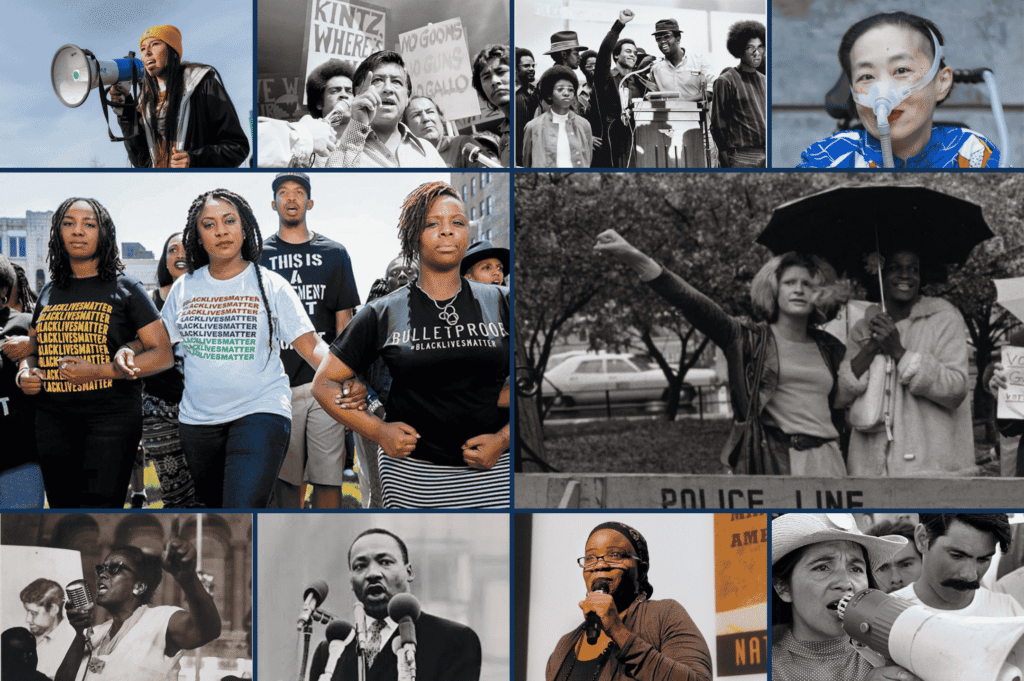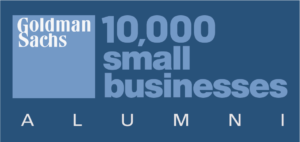Each April, Celebrate Diversity Month is meant to be a time for honoring the rich cultural tapestry that shapes our collective humanity. This year, however, the celebration feels like an act of defiance.
Across the country, we are facing an orchestrated assault on diversity, equity, and inclusion (DEI) spearheaded by the Trump administration and its allies. These are not isolated incidents, but rather calculated attempts to reverse the modest gains we have made toward racial and social justice. The rollback of DEI is not about efficiency or neutrality — it is about erasure. Erasure of truth. Erasure of history. Erasure of identity. Erasure rooted in fear, driven by control and greed.
At The Moriah Group, we work at the intersection of research, strategy, and practice to transform systems so that children, families, and communities of color can thrive. And what we know — what we live — is that this work is not simply professional. It is personal. It is ancestral. It is liberatory. We do this work because we believe deeply that equity is not a box to check. It is a birthright we will not give away.
The DEI Backlash Is a Call to Action
Let’s be truthful. The DEI backlash we are seeing is not just policy rollback — it is a white supremacist power grab. From bans on discussing race in schools, to the criminalization of gender-affirming care, to attacks on affirmative action and inclusive hiring practices, this moment is a full-throated attempt to silence and marginalize entire communities.
But here’s what they don’t understand: we have never needed permission to survive. We have never relied on institutions to give us our worth. We have always found ways to gather, to organize, to resist, and to reimagine. This moment may feel like a retreat, but it is an invitation to remember who we are and to double down on the fight for collective liberation.
Community-Based Organizations Are Our Lifelines
When systems fail — and they often do — community-based organizations (CBOs) step in to do the work that institutions won’t. These organizations, especially those led by people of color, are not only service providers; they are sacred spaces of healing, organizing, and transformation.
CBOs often mentor youth who are criminalized instead of cared for. They support parents navigating schools that fail their children. They hold space for grief after state violence. They provide food, shelter, immigration support, mental health care, and legal advocacy — all while leading grassroots campaigns to dismantle the very systems that instigate harm.
These organizations are the beating hearts of our movements. They are our first responders. And they play an essential role with shoestring budgets and relentless courage.
At The Moriah Group, we believe in rooted equity — a vision of change that grows from the ground up, shaped by the lived experiences of those most impacted. That is where real transformation happens — not in ivory towers or crisis PR statements, but in church basements, kitchen tables, and neighborhood centers, where people come together to imagine something better.
Philanthropy: It’s Time to Choose a Side
To our colleagues in philanthropy: this moment demands clarity. You cannot take both sides in a war on justice.
Your funding choices matter more than ever. Will you invest in status quo institutions that pivot away from equity when the political winds shift? Or will you resource the bold, community-led efforts that are pushing the boundaries of what liberation looks like?
Now is the time to fund Black- and Brown-led organizations doing the hard, often thankless work of both healing and resisting. Fund the radical work. Fund the coalition-building. Fund the advocacy, the art, the political education. Fund the joy. Fund the rest. Don’t ask for polish — ask for purpose. Don’t require perfection— stand in partnership.
At The Moriah Group, we work with funders who understand that equity work must be courageous, sustained, and grounded in trust. But still, far too many philanthropic dollars go to white-led, institutionally comfortable work that is detached from the community. That has to change.
Philanthropy must shift from gatekeeping to guardianship. It must shift from metrics to movement. This is not about charity. This is about justice.
Rest Is Not a Luxury—It Is a Political Strategy
One of the most profound forms of resistance available to us right now is rest. Our leaders — particularly women, queer folks, and people of color — are exhausted. We are carrying the weight of systemic injustice, generational trauma, and daily survival, while still being asked to lead, to inspire, and to produce.
But burnout is not just an individual condition — it is a structural strategy of oppression. If our leaders are too tired to dream, too overwhelmed to organize, too broken to breathe, the system wins.
That’s why we must insist on rest — not just for ourselves, but for our communities. We must create and protect culturally-grounded healing spaces where social justice leaders can recover, reflect, and reimagine. Spaces that are not about productivity, but about presence. Not about deliverables, but about dignity.
At The Moriah Group, we are committed to making healing central to our work. Because we know that liberation is not just about policy change. It’s about transformation of the whole person. It’s about being well enough to show up fully — for ourselves and for each other.
We Are Building the Future, Block by Block
In this time of backlash, we remain rooted in the truth: we are still here. Despite the noise, the deliberate chaos, the rollbacks, and the hostility — we are still rising. Having endured far worse, our ancestors left us a legacy of resistance, joy, and imagination. We carry that legacy forward with pride.
This Celebrate Diversity Month, we are not interested in hollow slogans or corporate hashtags. We are calling for solidarity. For deep investment in community power. For the unapologetic defense of DEI not just as a value, but as a mandate for liberation.
We are building a future where our children don’t have to fight to be seen. Where our communities are resourced, not criminalized. Where our leaders are cared for, not consumed. That future is possible—but only if we fight for it together.
We are not asking for inclusion in systems that were never designed for us. We are building new systems, new stories, and new ways of being that center love, justice, and collective freedom.
We will not go quietly.
We never have.
And we never will.




